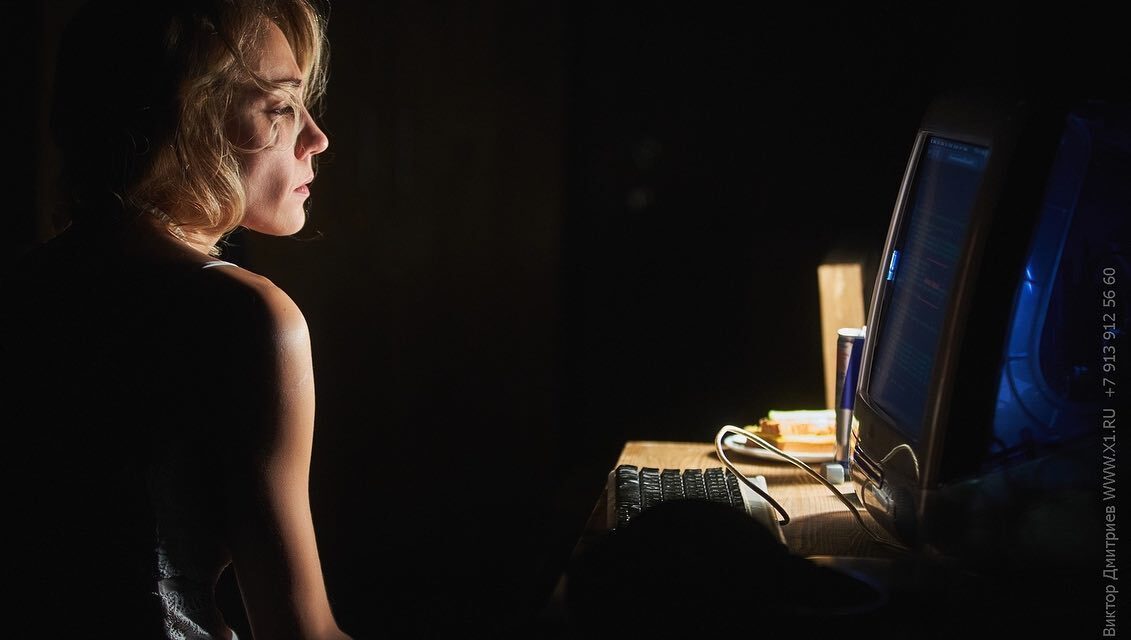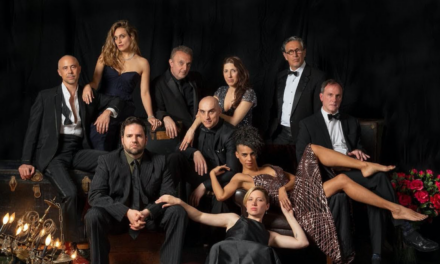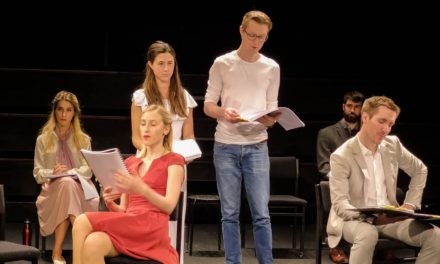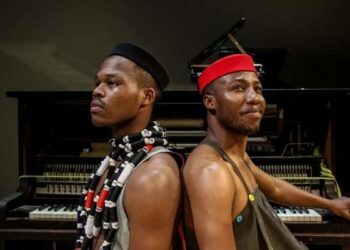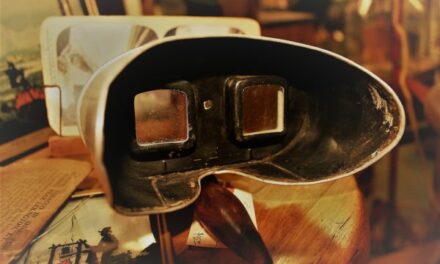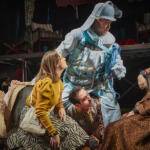Stage Russia is an international Theatre HD project formed by Eddie Aronoff, an American producer living in Moscow. Since the pandemic, Stage Russia has expanded its programming across the world, offering access not only to professionally filmed theatre productions, but also Q&A sessions with some of Russia’s most renowned theatre directors, actors, historians, and artists. In partnership with Pushkin House in London and Arts Emerson in Boston, the company has begun utilizing post-screening Q&A Zoom sessions to provide added content to their online streaming offerings. The Q&A events are moderated by Professor Michael Earley, a Russian theatre scholar and Academic Advisor for Stage Russia, who is currently Dean of Performing Arts at LASALLE College in Singapore. Upcoming events include the Vakhtangov Theatre’s Eugene Onegin with a follow up Zoom featuring director Rimas Tuminas (March 21st), and the Satyricon Theatre’s The Seagull accompanied by an interactive discussion with director Yury Butusov and legendary Russian theatre historian, Anatoly Smeliansky (March 28th).
In conversation with The Theatre Times, Eddie Aronoff shared his thoughts on the role of Stage Russia in the rapidly changing world of live theatre within the given circumstances of perpetual digitization.
Irina Yakubovskaya: Live theatre is a fickle and often fragile business investment. What motivated you to create a company that bridges live theatre and international distribution via digital film?
Eddie Aronoff: It was straightforward, actually. Russian theatre, with pillars like Chekhov and Stanislavsky, and, of course, countless others, is a national pastime here [in Russia], an amazing export that I felt was being underutilized. That combined with the high costs involved in touring, especially for small theatre companies, made it, for me, a logical decision to bring it to a larger audience via film.
IY: Russian theatre might be known among the general public as traditional, old-school, and maybe some people know about its influence on the development of American theatre, in particular Acting training for stage and screen actors. In your opinion, what is the true essence of Russian theatre, both of the past and the present?
EA: All the best and brightest directors now, Butusov, Kulyabin, Krymov, Brusnikina, and beyond to older guys like Dodin, Tuminas, and Ginkas are putting their own stamp on works they stage, whether it’s something based on Gogol or Pushkin, Chekhov, or even Shakespeare. The traditional, old-school theatre still exists in Russia, but it’s being supplanted by modern interpretations, which are deeply and reverently rooted in ideas that filter unfettered from their source material. These guys know their stuff. It’s not experimental theatre.
IY: How did the objectives and super objectives (to borrow Stanislavsky’s terminology) of Stage Russia change from the establishment of the company until now?
EA: Ha! What was that John Lennon lyric? Life is what happens to you when you’re busy making other plans? When I started Stage Russia, I wanted to bring Russian theatre to a global audience. That objective remains the same. The delivery method evolves, often in an unexpected direction. I try as best I can to allow the flow of that to dictate its terms rather than to wrest control.
IY: What are the leading factors in your choices of shows to support/host? In the past, you have mentioned an interest in looking beyond Moscow and Saint-Petersburg theaters when exploring potential productions to film and consequently show. Has your focus expanded to provincial Russian theatres, and why is it an important interest to you?
EA: We’ve added a handful of Timofey Kulyabin’s Red Torch Theatre productions in Novosibirsk to our mix of offerings and continue to reach out to other provincial theatre companies with varying degrees of failure. It’s disheartening, but regional theatre managers are less forward-thinking and often refuse to even entertain the option of having us shoot a work of theirs. A theatre in Vladimir [a city in Russia] hung up on me without letting me finish a sentence. I sound bitter, but truly I’m not. In general, I hope more than I expect these days from cities outside Moscow and Saint-Petersburg.
IY: Let’s address the elephant in the room: this pandemic has put the live theatre on pause all over the world. How did it affect Stage Russia’s programming?
EA: Thankfully, we had a pretty rich and varied streaming program, primarily educational, already in place prior to March 2020, so we spent time the last year solidifying that. The upside of theatres being closed or with restricted attendance was that many of them began filming their own productions to stream online. This has created a larger reservoir of already filmed works for us to choose from and distribute, particularly online. Recently we hit on the idea of presenting our films online with follow-up Zoom Q&As with the directors and actors responsible for the work. It’s been very successful, a terrific way to personalize the productions. We’ll likely continue it even when the virus abates and cinemas open.
IY: How did you come up with the idea to add a Q&A feature as an option for viewers? What are the most well-received topics of conversation? In the world of social media where all people, no matter how famous, have access to an unfiltered platform for self-expression (social media), what makes your Q&A platform unique?
EA: In a perfect world, each release of a filmed performance would include an in-cinema Q&A tour with either its director or one or more of its performers or both. Unfortunately, there’s no way to make that work financially. Revenue from films, especially event cinema, more or fewer one-offs, simply can’t support such a thing. An online Q&A, however, is easily put together and actually even more intimate. Everyone, even the guest speaker, is at home, relaxed, eager to see and meet the artist (and the artist their audience). And it’s a worldwide audience! Topics, introduced by our moderator, the brilliant Michael Earley, are wide-ranging, focusing at first on the production the audience has just watched and extending out to other and future projects in the works. Theatre fans get an opportunity to ask a director what he or she meant by this or that. They can be critical even, but things never get too heavy. We’re all home in our pajamas after all. I should add that Pushkin House in London has been a wonderful partner for these events.
IY: What would you say are the most challenging and rewarding aspects of your work?
EA: By far the most rewarding aspect is meeting, spending time, and bandying about ideas with these great artists. I have such fondness for them. I also feel a closeness with many of the managing directors, those, like Kirill Krok of the Vakhtangov Theatre, who have put their faith in me, especially when we were a fledgling company five years ago. I’m indebted to them. Challenges come almost daily, but work is called work for a reason. Anyway, the good has, by far, trumped the bad.
IY: Do you think Stage Russia could contribute to the growth of cultural diplomacy between Russia and the world?
EA: Yes, I believe it possibly could, but I don’t think we are. Not having any governmental support allows us freedom to do as we wish, but, in truth, I think there’s a bit of a missed opportunity there. We have plans to reach deeper, more directly by, for example, offering a variety of offline master classes in coordination with bringing live productions, smaller more intimate ones, to stages across the globe. We’ll need help to achieve that. Even with it, the growth of diplomacy is a pretty big nut to crack. In the end, if by presenting our films we’re simply able to bring something new, whether directly or indirectly, to a theatre lover or student, introduce them to works they might not otherwise have ever seen, that’s an impact I can live with.
This post was written by the author in their personal capacity.The opinions expressed in this article are the author’s own and do not reflect the view of The Theatre Times, their staff or collaborators.
This post was written by Irina Yakubovskaya.
The views expressed here belong to the author and do not necessarily reflect our views and opinions.

